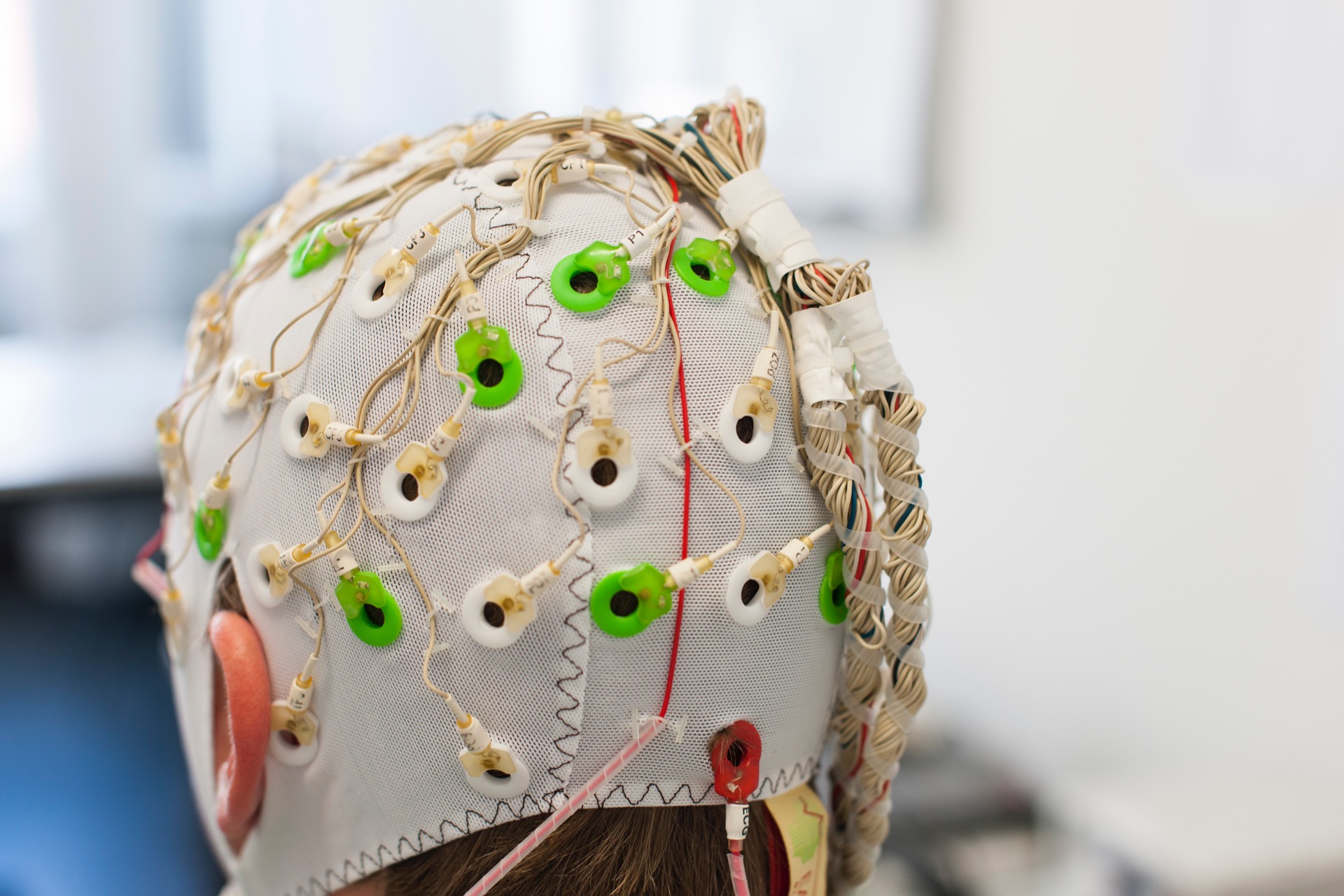Our research group investigates how the human brain generates pain. Pain is a vital phenomenon that notifies us about impending threats and protects the body. However, we do not always experience pain the same way. For instance, our previous experiences, current expectations, and future goals critically influence our pain. How the brain integrates all these processes and translates them into pain remains, to date, enigmatic. Understanding these processes can provide basic insights into how the brain translates the outer world into an inner experience. Beyond that, such insights are crucial for harnessing these processes to treat pain.
However, pain can also occur for months and years without objective threat to the body. In these cases, pain has lost its protective function but represents a disease in its own right. Chronic pain affects between 20 and 30% of the adult population, has detrimental effects on quality of life, and imposes an enormous burden on patients, health care systems, and society. Recent evidence indicates that the brain figures prominently in the susceptibility, development, and maintenance of chronic pain. Insights into the brain mechanisms of (chronic) pain, therefore, further the understanding of the pathophysiology of chronic pain and may help to develop biomarkers and novel treatment strategies for chronic pain.
To achieve these goals, we use electroencephalography (EEG) in combination with cutting-edge analysis techniques to investigate the role of neuronal oscillations, or brain rhythms, in the cerebral processing of pain. Moreover, we use non-invasive brain stimulation (transcranial alternating current stimulation, tACS) and neurofeedback to modulate neuronal oscillations and alleviate pain. We are highly committed to the principles of reproducible and open science. In particular, we preregister our studies, perform state-of-the-art statistical analyses, and make our data and code openly available to the research community.
The PainLabMunich is led by Markus Ploner. We are based at the Department of Neurology of the Technical University of Munich (TUM). The lab is part of the TUM Innovation Network Neurotech and the TUM-Neuroimaging Center (TUM-NIC). Markus is a member of the Collaborative Research Centre 1158. Our research is funded by the Deutsche Forschungsgemeinschaft.

